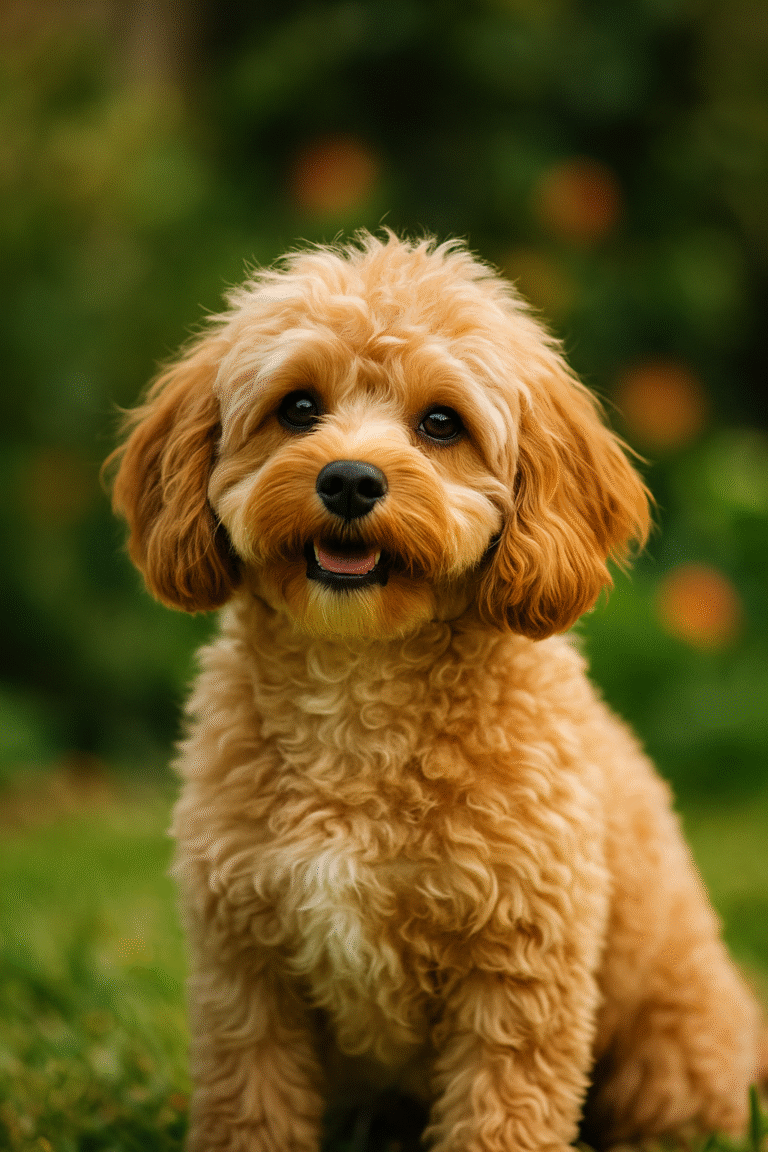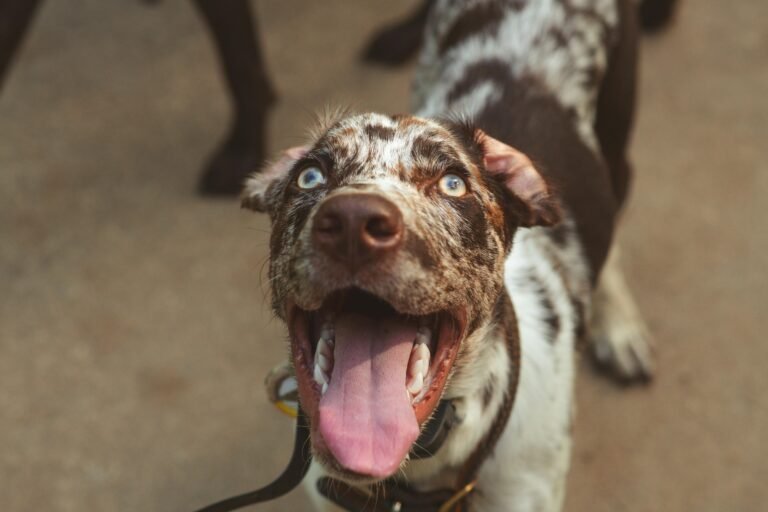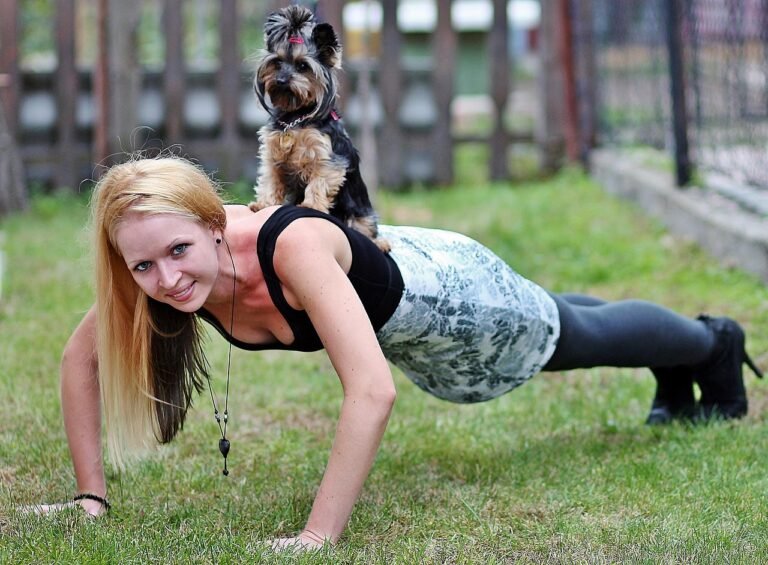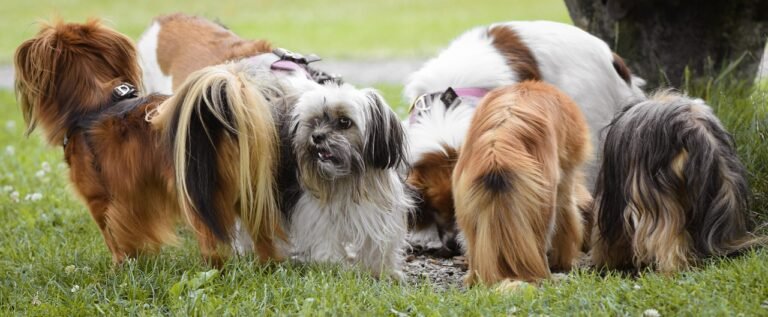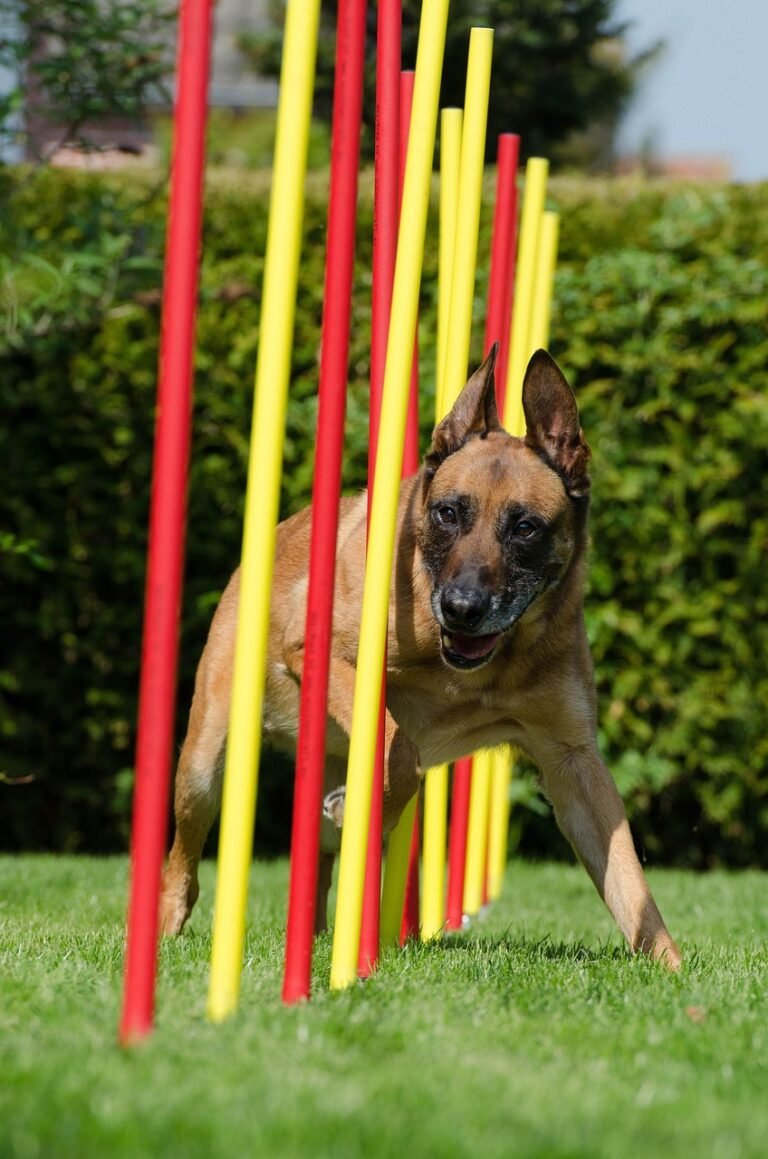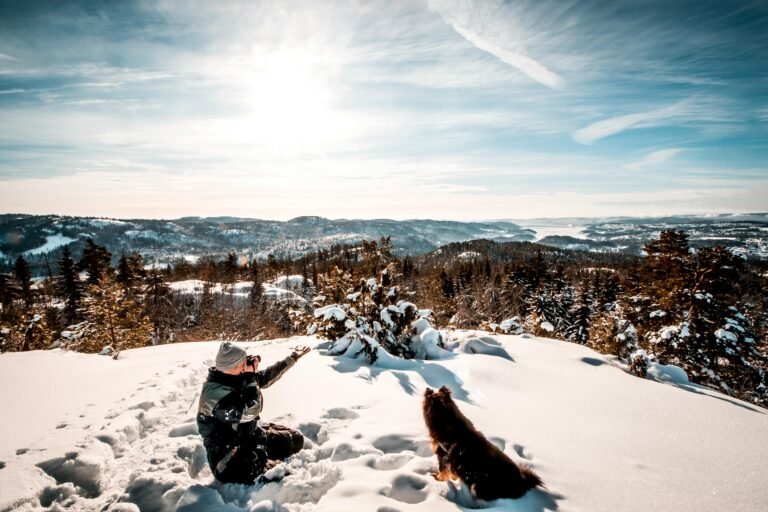Overview of the Rottweiler
The Rottweiler is a breed renowned for its strength, confidence, and loyalty, making it one of the most recognizable working dogs in the world. Originating in Germany, Rottweilers were initially bred in the Roman Empire for herding and guarding livestock, particularly cattle. Their name is derived from the town of Rottweil, where they were significantly employed in commerce and as protectors of both property and people. This historical significance has greatly influenced their role and perception in modern society as resilient and trustworthy companions.
Physically, Rottweilers are robust, with a well-defined musculature that underscores their capability as working dogs. Typically, they possess a broad head, powerful jaws, and a strong, balanced body that conveys an aura of authority. These traits serve a dual purpose: they allow the Rottweiler to perform demanding tasks while also instilling a sense of security in their owners. Additionally, their endurance and agility enable them to excel in various roles, including search and rescue, service assistance, and protection work.
The breed’s mental attributes are equally impressive. Rottweilers are known for their intelligence and trainability, which, combined with their keen instincts, result in exceptional working capabilities. Their natural guarding tendencies make them vigilant protectors, as they are quick to respond to threats. However, it is essential to note that proper socialization and obedience training are paramount to ensure that their protective instincts are balanced with a friendly disposition. With consistent training and positive reinforcement, Rottweilers often thrive in family environments, showcasing their affectionate nature toward their human companions.
Size and Physical Characteristics
The Rottweiler is a robust and powerful breed, known for its impressive size and muscular build. Adult male Rottweilers typically weigh between 95 to 135 pounds, while females range from 80 to 100 pounds. Both sexes stand about 22 to 27 inches tall at the shoulder, giving them a solid and commanding presence. This impressive stature combines strength with athleticism, making them both versatile and capable in various roles, including those as working dogs, family companions, and service animals.
Rottweilers possess a distinctive physical appearance characterized by a broad head, well-defined jaw, and strong neck. Their broad skull tapers to a slight muzzle, which is powerful and equipped with strong jaws designed to perform tasks such as guarding and herding. The breed’s keen intelligence is often reflected in their expressive eyes, conveying alertness and confidence. This combination of attributes contributes to their reputation as dependable protectors and loyal companions.
The coat of a Rottweiler is another defining trait. They have a short and dense coat that typically comes in a black base color with clearly defined markings of rust or tan on the face, chest, and legs. This unique coloring not only enhances their appearance but also offers some weather resistance. Furthermore, the coat’s short length requires relatively low maintenance, making grooming straightforward compared to other breeds.
Overall, the combination of size and physical characteristics makes the Rottweiler an impressive and capable breed. Their powerful physique combined with their loyal nature makes them well-suited for a variety of roles, from family pets to specialized service animals. Understanding these traits is essential for anyone considering bringing a Rottweiler into their home.
Personality and Behavior
Rottweilers are known for their unique blend of loyalty, intelligence, and protective instincts, making them both prominent guardians and loving family pets. This breed displays a confident temperament that often translates into a strong bond with their owners. Rottweilers are deeply loyal, thus forming close attachments to their families, often displaying a protective nature toward them. This characteristic can be attributed to their history as working dogs, where they were bred to guard and herd livestock.
When properly trained and socialized, Rottweilers exhibit a gentle demeanor, particularly around children. Their affectionate nature allows them to thrive in family settings, providing not just protection but also companionship. It is essential, however, to introduce Rottweilers to various environments, people, and stimuli early in their lives to foster a well-adjusted dog. Proper socialization contributes to their ability to interact positively with other pets and children, showcasing the breed’s versatility as a family companion.
Despite common misconceptions portraying Rottweilers as aggressive or dangerous, these dogs are capable of exhibiting remarkable gentleness and friendliness. Their protective instincts, when combined with responsible ownership practices, can result in a balanced and well-behaved dog. It is worth noting that their demeanor is significantly influenced by human interaction and training. Engaging them in obedience training not only fortifies good behavior but also channels their intelligence positively. A well-trained Rottweiler will likely be a calm and controlled member of the household, fully integrating into the family dynamic.
Understanding the personality traits and behaviors of Rottweilers reveals their suitability as loyal companions for families. With appropriate guidance and nurturing, these dogs can develop into well-rounded individuals who embody loyalty, intelligence, and protective warmth, enriching the lives of their owners.
Health and Care Considerations
Rottweilers, known for their strength and loyalty, are not just impressive in appearance but also require specific health considerations and care to maintain their well-being. One of the prominent health issues affecting this breed is hip and elbow dysplasia, a genetic condition where the joints do not fit into the hip or elbow socket correctly. This misalignment can lead to pain, arthritis, and mobility problems, making it vital for Rottweiler owners to be vigilant about the signs of joint discomfort.
Preventive measures play a crucial role in maintaining the health of Rottweilers. Regular veterinary check-ups are essential for early detection and management of potential health issues, including heart disease and certain types of cancer that Rottweilers may be prone to developing. Furthermore, maintaining a balanced diet composed of high-quality dog food tailored to their age and activity level is critical. Proper nutrition not only supports their growth but also helps in preventing obesity, which can exacerbate joint issues.
Exercise is another key aspect of Rottweiler health. These dogs are high-energy breed requiring regular physical activity to keep them fit and mentally stimulated. Daily walks, play sessions, or training exercises will help manage their energy levels effectively. Grooming is equally significant in a Rottweiler’s care; while their short coat requires minimal maintenance, regular brushing helps reduce shedding and maintain skin health.
In addition to physical health, mental stimulation through training and interactive play is vital for a happy, well-rounded Rottweiler. Engaging in activities not only strengthens the bond between the dog and owner but aids in alleviating behavioral issues associated with boredom. By understanding and addressing these health considerations, Rottweiler owners can help their pets live fulfilling, long lives.
